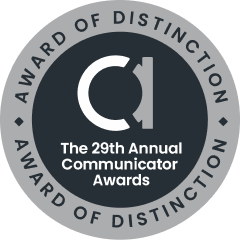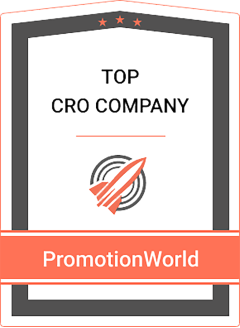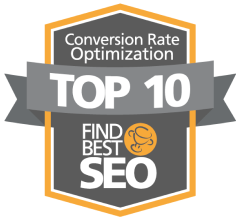Digital transformation Digital transformation is a concept that has taken hold in all kinds of companies from Wall Street to Main Street. The promise of technologies is great: elastic cloud computing, AI/machine learning, the Industrial Internet of Things (IIoT), and Edge Computing enjoy great expectations from senior business leaders for their potential to transform the energy supply chain.
Advertas has just completed a white paper and e-guide for a major industrial automation company that has re-cast their offerings in terms of Digital Transformation and the benefit potential when applied to large operating facilities, such as offshore platforms, refineries, and petrochemical plants. Upstream from refining operations where hydrocarbons are discovered and developed, geoscientists and engineers cite applications of machine learning to large seismic data volumes, 4D reservoir simulation, drilling, and oilfield optimization.
Whatever the business or technology offering, we are advising clients to rethink their positioning strategies in terms of how their offerings fit on the landscape of this nascent I.T infrastructure, which is not a fad and will not fade with time. Specifically, some key questions to ask as you contemplate how to go to market:
- What is the demonstrable business value of the offering?
- What demographics can be expected to use the product/service?
- What are the marketing personas of those individuals in terms of their buying values?
- How will the technology fit with existing workflows, and what is the impact of a change?
- Is the new offering at least 10X better than what is available today, or only marginally better?
In 2018, Advertas conducted a market survey of the“Millennial” age group, targeting ages 22 – 35(ish), to gauge how this demographic sought information on new technology, particularly machine learning applications. Perhaps not surprisingly, this demographic was found to use Social Media outlets early in their searches for suppliers, not as a source of technical information, but as a quick view of the vendor’s activities. There were a few other surprises from the market survey. The point, of course, is going to market knowing vs. not knowing, at least to the extent practical.
If you struggle with the last question, you’re not alone. Our clients have great technology, but some are challenged to demonstrate that their offerings provide a dramatic improvement over the status quo. In their book “Zero to One”, Peter Thiel and Blake Masters propose that “As a good rule of thumb, proprietary technology must be at least 10 times better than its closest substitute in some dimension to lead to a real monopolistic advantage”. We second that notion. Fortunately, in B2B applications, the business value of the offering can often be quantified using good financial analysis. However, the market is demanding and offering greater business value alone will not be sufficient if no one knows about your product or service.
The technologies referenced above, supported by the major cloud vendors, promise large step-changes in performance and usability, along with new capabilities to tackle difficult technical problems. Unfortunately, the wholesale expansion of capabilities are occurring so rapidly with cloud computing and applications of AI that product planning and marketing strategies are highly uncertain, but neither can they be ignored. Knowing your market while being ready to change remains sound marketing advice. And, most importantly, consider the application of Digital Transformation on your own marketing outreach.

Hal Green
Director
Hal H. Green is a marketing executive and entrepreneur in the energy industry with more than 20 years of experience in starting and managing technology companies. His particular focus is business strategy, effective selling practices, and field marketing. He has a diverse portfolio of achievements, which span all areas of the hydrocarbon supply chain – from upstream exploration through downstream refining & petrochemical.
Mr. Green attended Texas A&M University, where he received a Bachelors in Electrical Engineering. He later earned an MBA in Information Management from the University of Houston. As Director of Manufacturing Systems for Setpoint, an advanced process control firm in Houston, Mr. Green effectively managed the P&L of this consulting practice. After Aspen Technology acquired Setpoint in January 1996, he continued as Director of Business Development for the Information Management and Polymer Business Units. Throughout his career, Mr. Green has been a proven thought leader, publishing articles in major industry journals.
In 2004, Mr. Green founded Advertas, a full-service marketing and public relations firm serving clients in energy and technology across the energy supply chain – upstream, midstream, downstream and power. In 2009, Geophysical Insights retained Advertas to be their outsourced marketing and business development functions. Dr. Tom Smith, President/CEO of Geophysical Insights, appointed Mr. Green as Director of Marketing and Business Development, in which capacity he still serves today.








